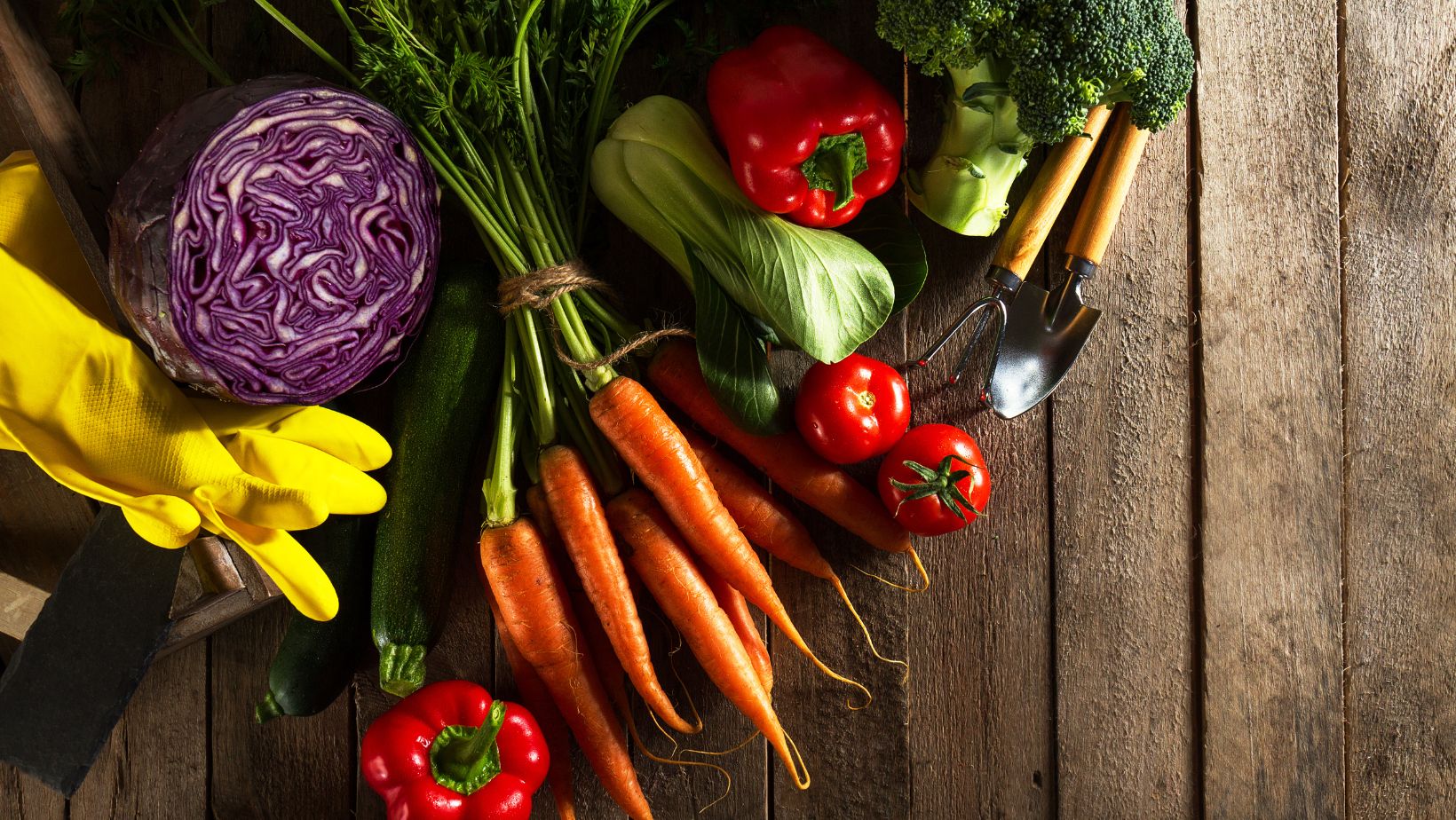
As someone who keeps a kosher kitchen, I know firsthand how expensive it can be to maintain this lifestyle. From purchasing kosher meat to buying specialty products, the cost can quickly add up. However, with a little creativity and planning, it is possible to keep kosher on a budget and live fruitfully without multiplying your expenses.
Keep reading our next post!
Kosher on a Budget Live Fruitfully Without Multiplying Your Budget
One way to save money on kosher food is to buy it in bulk. Look for deals on items you use frequently, such as kosher chicken or beef, and stock up when prices are low. You can also save money by purchasing generic brands of kosher products, which are often significantly cheaper than their name-brand counterparts.
Another way to cut costs is to cook with seasonal produce. Not only are fruits and vegetables cheaper when they are in season, but they are also typically fresher and more flavorful. Additionally, consider incorporating more vegetarian meals into your diet. Plant-based protein sources, such as beans and lentils, are not only affordable but also a healthy addition to any kosher meal. By making these small adjustments, you can continue to keep a kosher kitchen without breaking the bank.
Shop Seasonally for Fruits and Vegetables
When it comes to eating a nutritious and budget-friendly kosher diet, seasonal fruits and vegetables should be at the top of your grocery list. Not only are these fresh produce items packed with essential vitamins and minerals, but they’re also more affordable during their peak season. Here’s why and how you should shop seasonally for fruits and vegetables to maximise your budget and health benefits.
Benefits of Eating Seasonally
Eating fruits and vegetables that are in season has numerous benefits, such as:
– Higher nutritional value: Seasonal produce is usually picked at its peak ripeness, which means it contains higher levels of nutrients, antioxidants, and flavour.
– Lower cost: When fruits and vegetables are in season, there is an abundance of supply, which lowers their cost. Out-of-season produce, on the other hand, has to be shipped from other parts of the world, which increases its price due to transportation costs.
– Supporting local farmers: By buying seasonal produce from local farmers, you’re not only supporting the local economy but also reducing your carbon footprint.
Examples of Seasonal Produce
The following is a list of some common fruits and vegetables that are in season during certain months of the year:
Month,Fruits, Vegetables
- January-Grapefruit, oranges, tangerines, kiwi | Brussels sprouts, cabbage, carrots, kale, broccoli, turnips
- February-Lemons, clementines, oranges, grapefruit | broccoli, cabbage, carrots, kale, spinach
- March-Mangoes, pineapples, kiwi, bananas, papayas| asparagus, beets, broccoli, carrots, mushrooms
- April -Apples, apricots, cherries, strawberries| artichokes, asparagus, carrots, lettuce, peas
- May-Blackberries, blueberries, peaches, raspberries, strawberries| artichokes, lettuce, okra, peas, spinach, zucchini
- June-Apricots, cherries, strawberries| cucumbers, green beans, zucchini, corn
- July-Apples, blackberries, blueberries, cantaloupe, peaches, watermelon | eggplant, cucumbers, peppers, tomatoes, okra
- August -Grapes, melons, peaches, plums, raspberries| green beans, cucumbers, peppers, tomatoes, corn
- September-Apples, grapes, figs, melons, pomegranates, dates| broccoli, carrots, cauliflower, squash, sweet potatoes
- October-Apples, cranberries, persimmons, pomegranates| pumpkin, beets, brussels sprouts, turnips
- November-Pomegranates, persimmons, oranges| butternut squash, pumpkin, sweet potatoes, turnips
- December-Grapefruit, oranges, tangerines, kiwi| kale, leeks, cauliflower, radicchio, radishes
Tips for Shopping Seasonally
Here are some tips to help you shop for seasonal produce:

– Check your local farmers’ market or grocery store flyers for seasonal produce sales.
– Buy fruits and vegetables in bulk during their peak season and freeze them for later use.
– Learn how to preserve seasonal produce like canning and pickling.
– Be open to trying new fruits and vegetables since they might be in season and more affordable.
– Plan your meals around what’s in season to reduce both your carbon footprint and grocery bill.
By incorporating seasonal fruits and vegetables into your kosher diet, you can live fruitfully without multiplying your budget. Plus, eating seasonal is healthier, budget-friendly, and more sustainable.
Invest in Frozen and Canned Options
When it comes to eating kosher on a budget, the cost of fresh produce can quickly add up. But there’s no need to sacrifice quality and nutrition for affordability. One budget-friendly solution is to invest in frozen and canned options.
Frozen fruits and vegetables are just as nutritious as their fresh counterparts, and they often cost less per pound. Plus, they’re already cleaned and cut, saving you time and effort in the kitchen. I recommend buying bags of frozen berries, peaches, and other fruits for smoothies and oatmeal toppings. For vegetables, consider buying chopped spinach, broccoli florets, and mixed veggies for easy stir-fries and soups.
Canned goods are another great way to save money on produce. Look for canned vegetables with no added salt, and canned fruits packed in water or their own juices. These options often cost less than fresh produce and have a longer shelf life. I like to use canned tomatoes, beans, and corn in recipes like chilli and stew, and canned mandarin oranges and pineapple in salads.
But don’t forget to read labels and compare prices. Sometimes, fresh produce can be more affordable than frozen or canned options, especially when they’re in season. And while canned goods are convenient, they can also be high in added sugars and sodium. Stick to brands that use minimal preservatives and additives.
By investing in frozen and canned fruits and vegetables, you can eat kosher on a budget without sacrificing quality and nutrition. Fill your pantry with budget-friendly options and experiment with new recipes to create delicious and satisfying meals without multiplying your budget.
Buy in Bulk and Plan Ahead
When it comes to living fruitfully while keeping kosher on a budget, buying in bulk and planning ahead can make all the difference. By doing so, you can save both time and money, while ensuring that you always have good, wholesome kosher food on hand.
Here are a few tips to help you buy in bulk and plan ahead for your kosher kitchen:
1. Invest in a Freezer – A freezer is a great way to store bulk purchases at their best, whether it’s meat, frozen veggies, or even fruit. Take advantage of sales and buy in bulk when you can. You’ll save money over the long term and always have something on hand when you need it.
2. Buy in Season – Buying fruits and veggies out of season can be expensive. Instead, focus on buying what’s in season to save money and have the best quality. Shop at farmers’ markets for the freshest produce, or consider joining a CSA (Community Supported Agriculture) to get regular deliveries of fresh, seasonal produce.
3. Plan your Meals – Meal planning is an effective way to ensure that you buy only what you need, avoid waste, and stick to your budget. Before you go shopping, take a few minutes to plan your meals for the coming week. This will help you stay on track with your shopping and avoid impulse buys.
4. Look for Deals – Keep an eye out for deals on kosher products that you use regularly. Sign up for newsletters and set up alerts for your favourite brands to get notified about deals and promotions.
Remember, when it comes to buying in bulk and planning ahead, a little organisation goes a long way. By incorporating these tips into your routine, you’ll be able to live fruitfully while keeping kosher on a budget.

